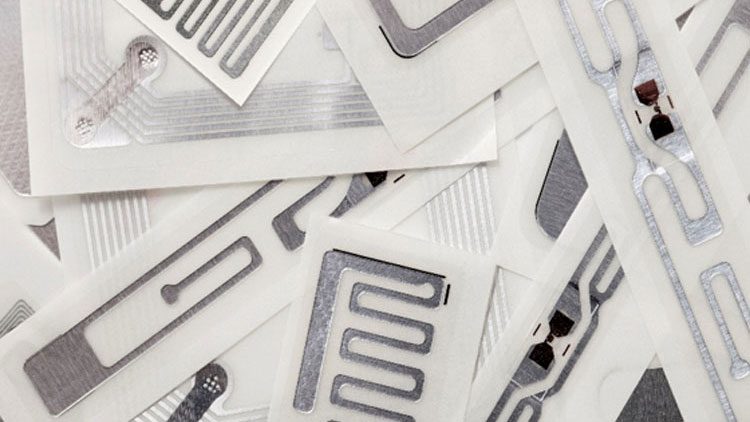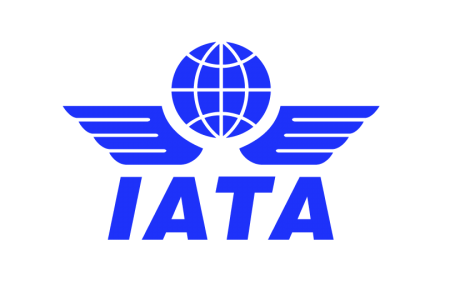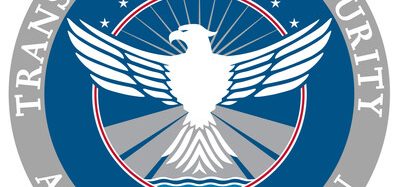IATA prioritises RFID for baggage tracking across the industry
- Like
- Digg
- Del
- Tumblr
- VKontakte
- Buffer
- Love This
- Odnoklassniki
- Meneame
- Blogger
- Amazon
- Yahoo Mail
- Gmail
- AOL
- Newsvine
- HackerNews
- Evernote
- MySpace
- Mail.ru
- Viadeo
- Line
- Comments
- Yummly
- SMS
- Viber
- Telegram
- Subscribe
- Skype
- Facebook Messenger
- Kakao
- LiveJournal
- Yammer
- Edgar
- Fintel
- Mix
- Instapaper
- Copy Link


It covered why IATA decided to move forward with RFID as the best mechanism for airlines to adopt Resolution 753 on baggage tracking and for the industry to address passengers’ expectations and reduce baggage mishandling, driven by the concern that the continued use of barcode-only infrastructure presents a restriction to the anticipated baggage growth (which is expected to double) in the next decade.
In order to achieve the target of having all baggage tags equipped with RFID inlays, IATA has launched a comprehensive roadmap that includes educating and raising awareness on RFID in the industry, aligning all key stakeholders involved and developing tools and materials to support the global roll out.
The webinar revealed why RFID is the right solution at the right time for the industry, offering operational flexibility, ease of deployment and interoperability with other existing technologies as per the IATA standard on RFID.
Key Learning Points
KEY LEARNING POINTS:
- Reasons why RFID became an IATA priority
- IATA RFID activities/roadmap
- IATA resources
- IATA standards for baggage tracking and RFID
- RFID benefits for the industry
- Applications of RFID in baggage handling
- RFID technology components: inlays, hardware, infrastructure needed.
Keynote Speakers
KEYNOTE SPEAKERS


Andrew is responsible for baggage at IATA, writing the guides and rules that help the world’s airlines work together and enable your bag to travel with you on your journey. Over the last 20 years he has worked with airlines to reduce baggage mishandling, introduce tracking and, now, to introduce RFID. Although he has been at IATA a long time, he previously worked at British Airways and Siemens, again in the aviation area. Andrew has degrees in Electrical and Electronic Engineering, Information Systems Engineering and an MBA from the Open University.


Magali manages the end-to-end baggage programme for IATA, which covers industry RFID adoption. In her role she works with airlines and other industry stakeholders involved in the baggage journey to drive baggage tracking implementation in the most effective and cost-efficient manner.
Prior to holding this position, she was Development Manager in the IATA Passenger team and Manager of Airport and ATC Charges.
Magali holds a B.A. in business.


Marine manages the RFID project for IATA. In her role she works with airlines, airports and other industry stakeholders to promote the adoption of RFID for baggage, raise industry’s awareness and education and support RFID implementation.
Prior to joining IATA, Marine worked for the Greater Toronto Airport Authority where she was managing airline programmes and services. Prior to this position, Marine worked for Airbus Group and Bell Helicopter in South-East Asia.
Marine holds a Master’s degree in International Relations and a B.A. in Political Science and History.


















